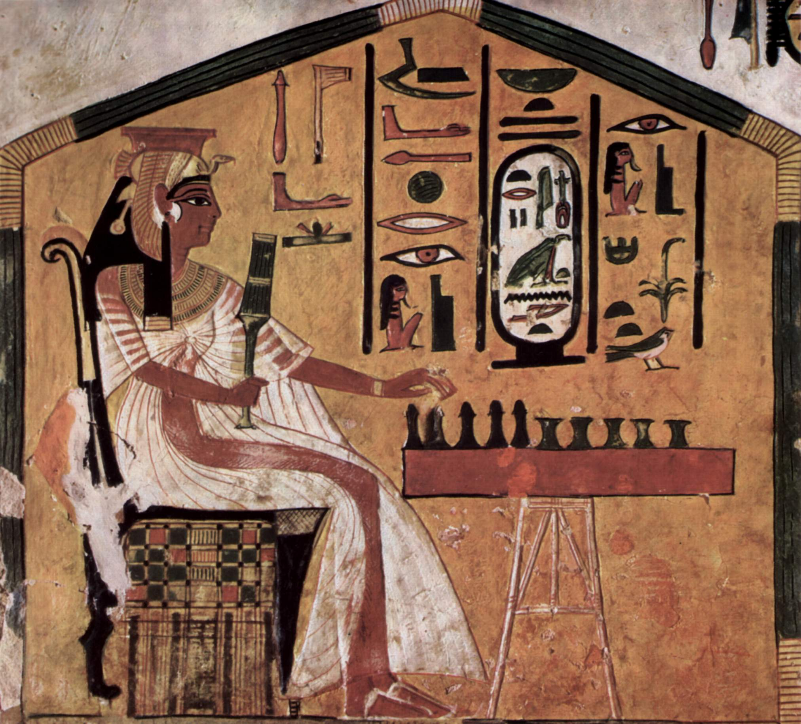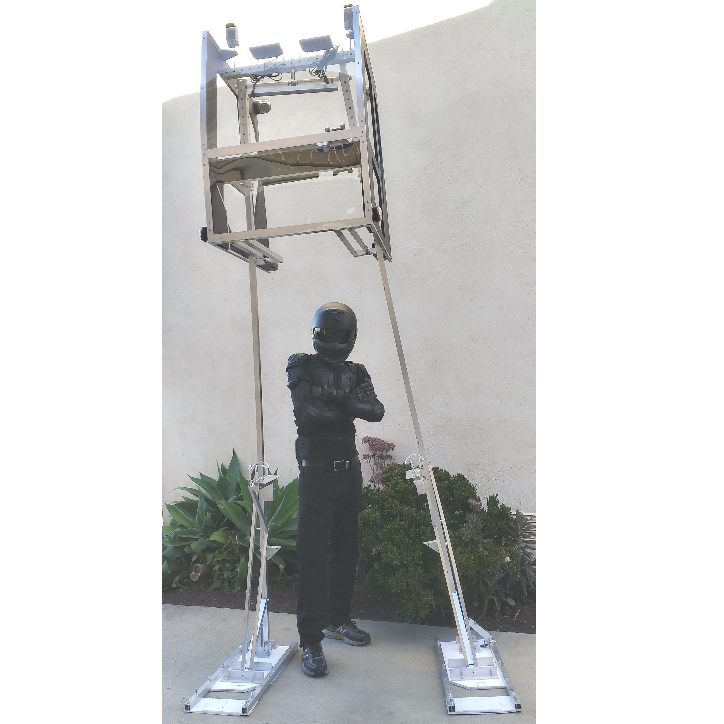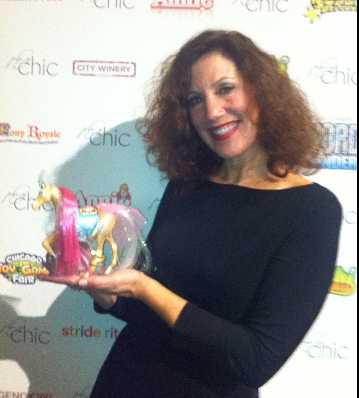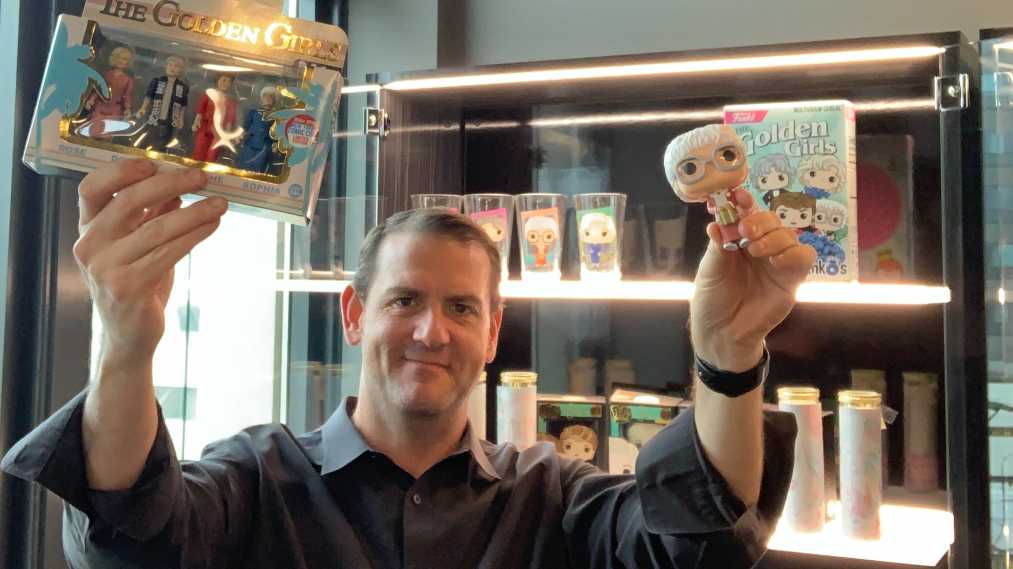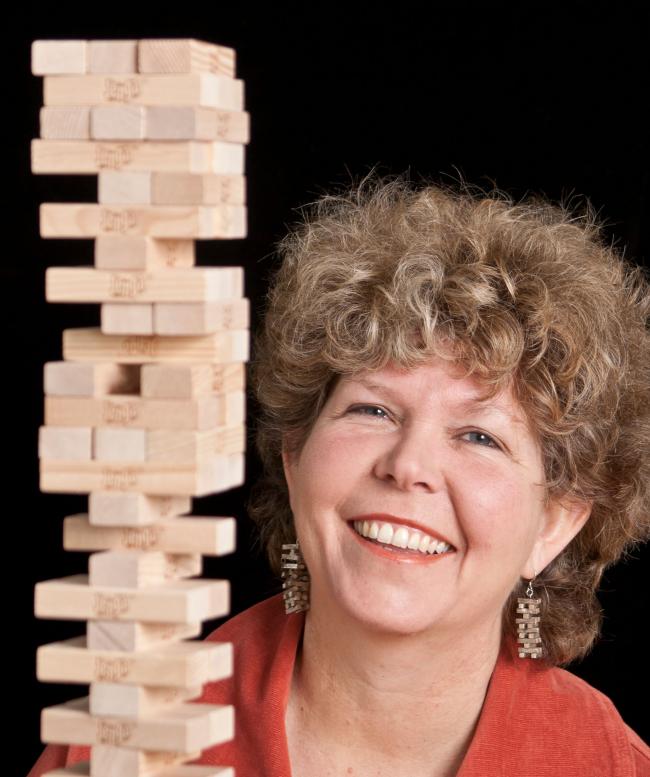Ancient Gaming Was A Matter of Life & Death
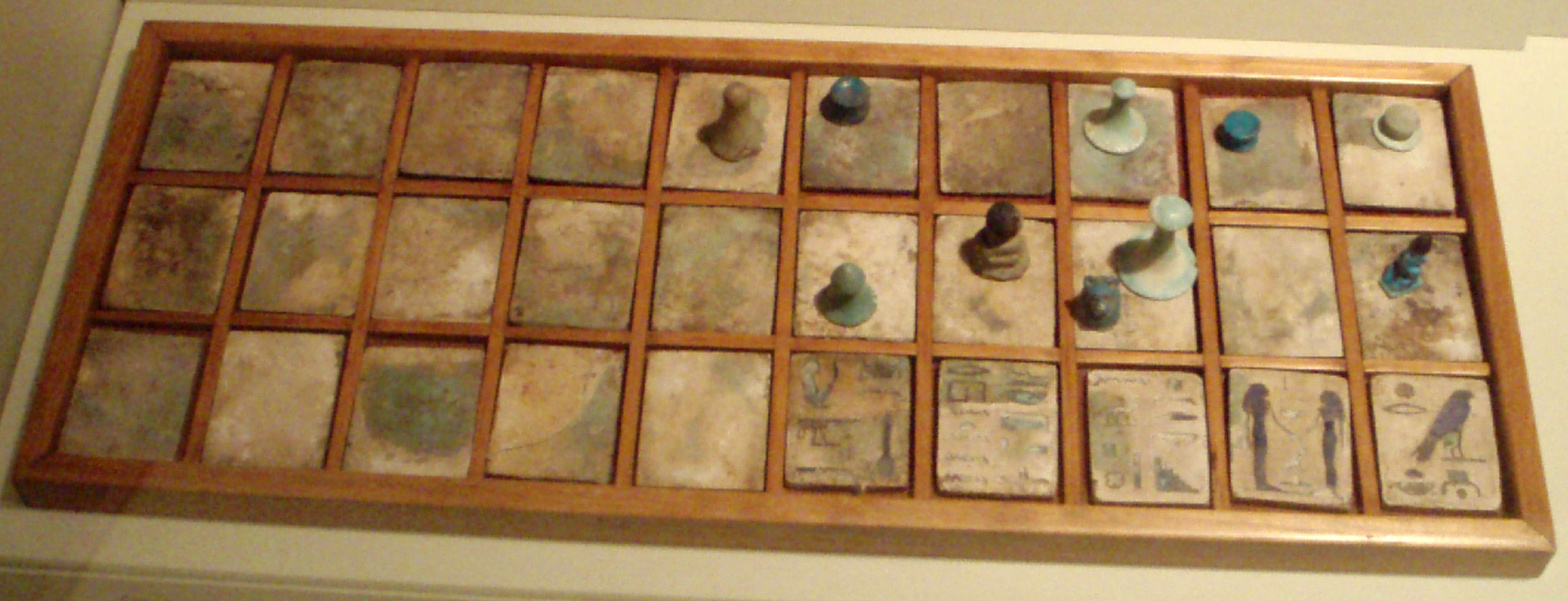
In ancient Egypt, board games were for more than fun and games. They were a matter of market strategy. Often for the women importers/exporters, getting their goods from the Lower Egypt northern farms to the Upper Egypt southern markets was a matter of life and death.
Two of the more well-known ancient Egyptian board games were shemete "buy, sell, trade" and mechen "load, transport" (referred to as senet and mahen by Egyptologists -- see https://www.metmuseum.org/toah/hd/anbd/hd_anbd.htm). Both games helped ancient women importers/exporters develop trade strategy.
Weyzero Queens: Mothers, Owners & Commanders of Ancient Egypt
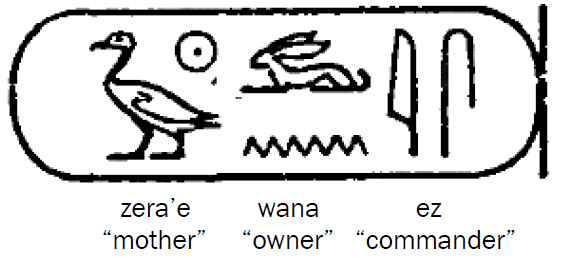
The Weyzero ("Mrs.") women owned all the land and were considered the queen mothers, owners and commanders of ancient Egypt.
In the south they were Wenani "owner" (referred to as Amun by Egyptologists). They were Ra'ey Mazez "visionary commander" in the north (referred to as Ramses by Egyptologists).
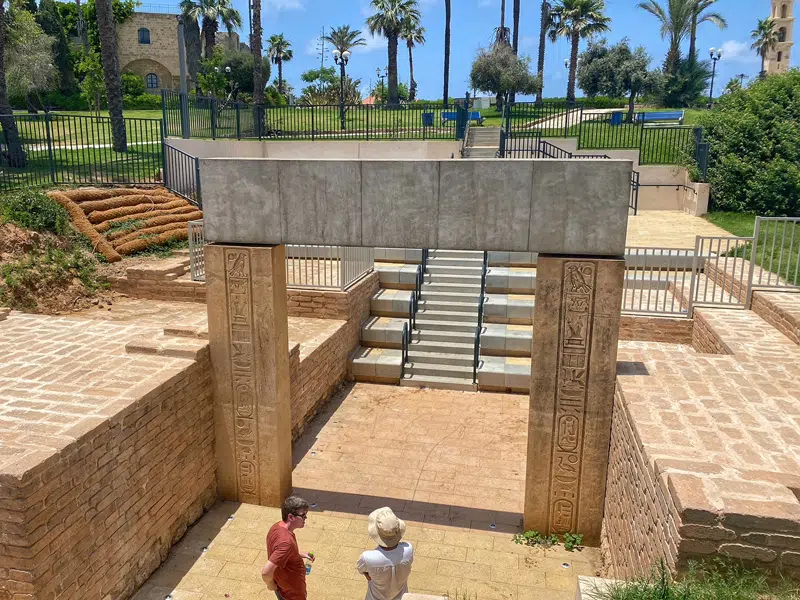
Yes, who we know as Ramses is actually the queen mother. Her title is on the ancient Egyptian fortress being excavated from the Yafo, Tel Aviv harbor of today's Israel. The lead archaeologist of the excavation is UCLA Professor Aaron Burke, who writes about the grain growing in the Dead Sea region and the "pharaonic granaries" (see https://www.academia.edu/233776/Egyptians_in_Jaffa_A_Portrait_of_Egyptian_Presence_in_Jaffa_during_the_Late_Bronze_Age).
Princes: Egyptian "Gezai" Protectors/Governors
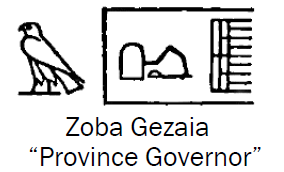
The royal ancient Egyptian princes were protectors, the title Gezai "ruler" represented by the falcon. The Gezai were the sons, nephews and grandsons of the Weyzero queen mother.
While the princes were essentially Governors for each of Egypt's 40 provinces, the princesses had a much different role.
Princesses: Egyptian "Shteny" Importer/Exporters
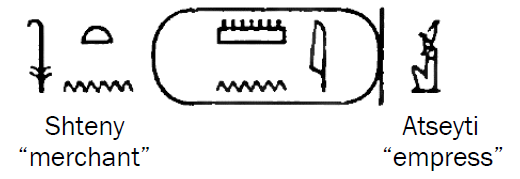
The ancient Egyptian princesses were the daughters, nieces and granddaughters of the Weyzero queen mothers.
With the title Shteny (pronounced sh-ten'-ye) meaning "merchant" and represented in hieroglyphs by oats and bread and water, the Shenty were import/export traders.
They made purchases at the Egyptian farms and handled the shipping to the markets. In this way, the princesses were essentially the Egyptian Trade Ministers.
Ancient Egyptian Board Game Strategy
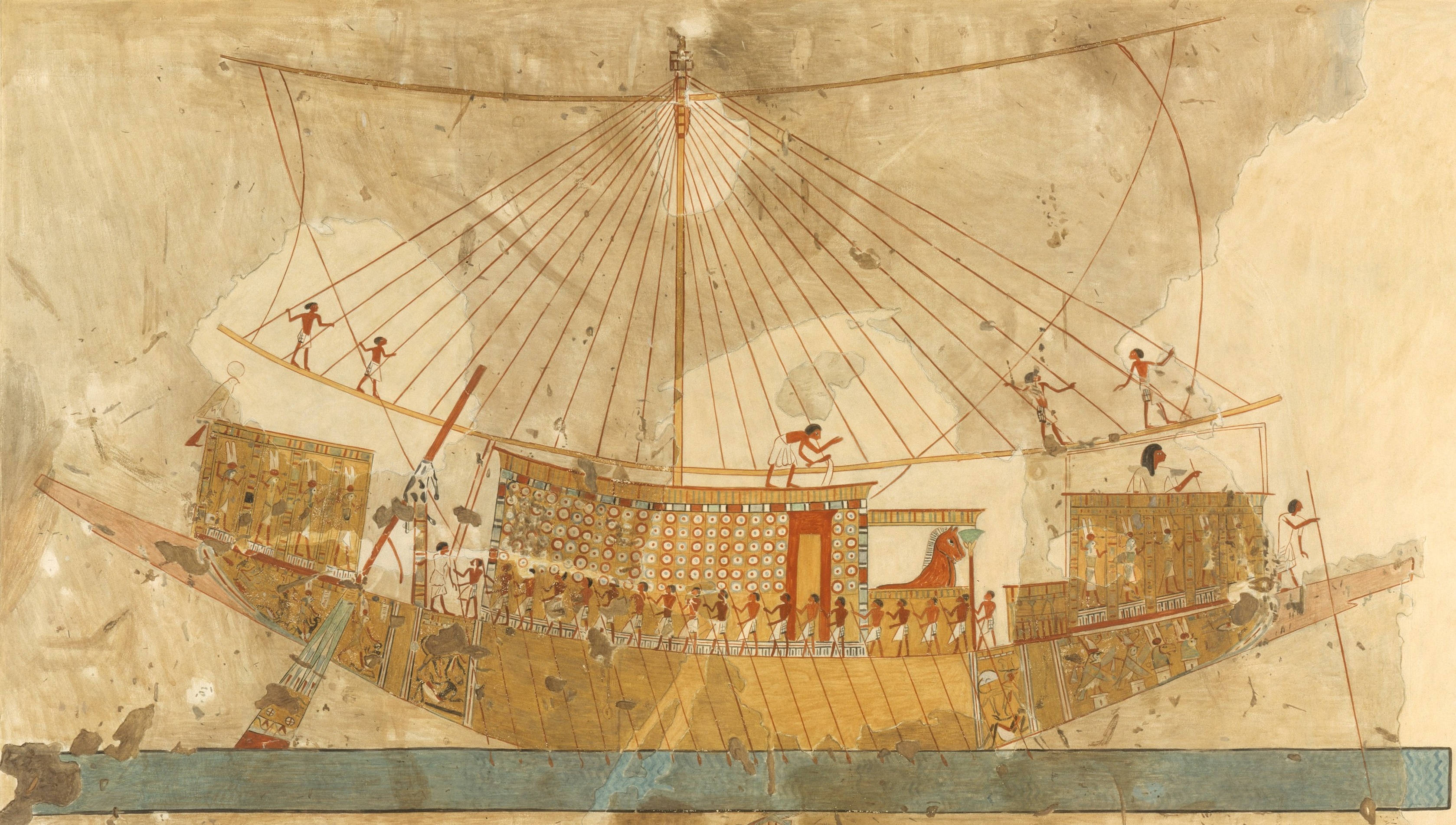
The two board games, Semete "buy, sell, trade" and Mechen "load, transport" provided the Shenty princesses a way of visualizing their successful strategy of trade and transport of goods.
By far the biggest issue of both trade and transport was thieves. The thieves would not only invade and steal from the farms and markets. Along the Nile River on the way to the Nile Valley markets, thieves called shifta would attack the ships leaving the Dead Sea Lower Egypt farming region (today's Israel, Jordan and Syria).
The ships would leave what is today the Yafo, Tel Aviv, Israel harbor, and travel southward to the Nile Delta, and continue southward along the Nile River to the Nile Valley markets.
The ships would be loaded with farm produce and other goods.
Just like in today's Monopoly board game and video game, the ancient objective was to successfully navigate the from start (the farms) to the finish (the markets). Successfully navigating meant winning and earning money. Making the wrong decisions and it's could have not only been the loss of the goods, but also possibly lives of the crew.
The Greek Ancient Olympic Games
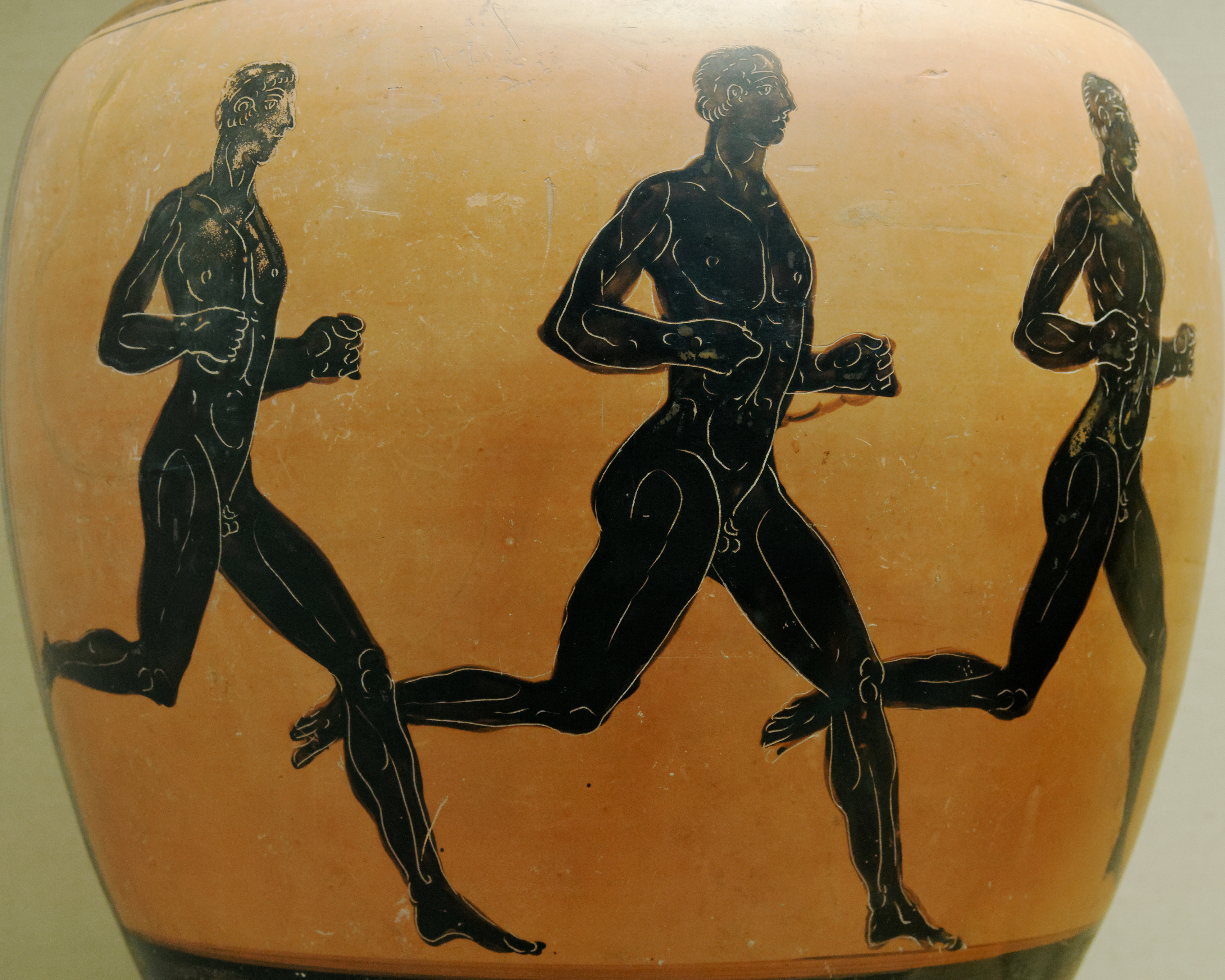
The Greek ancient Olympic Games were an early form of physical gaming. But instead of game pieces, the game characters were actual humans competing against each other.
According to the Wikipedia article, "The ancient Olympic Games were a series of athletic competitions among representatives of city-states..." (https://en.wikipedia.org/wiki/Ancient_Olympic_Games).
The Olympic Games began in 776 BC, were said to have been held every four years, and continued to be celebrated when Greece came under Roman rule in the 2nd century BC.
As the ancient written Greek language was an imitation of ancient Egyptian hieroglyphic language, including the writing characters, vocabulary and grammar, we can look into the name written in Greek: Ολυμπιακοί Αγώνες (Olympiakoi Agones).
The word agon (Αγώνε) is the word in Greek that means "game". This is an ancient Egyptian hieroglyphic word meaning "choosing sides" for battle, "wegene".
In the same way the earlier ancient Egyptian strategy board games that helped women develop and envision successful farm-to-market strategies, the Greek ancient Olympic games were a matter of life and death.
The ancient Olympic Games helped the Greeks develop strategies that helped bring the Greeks out of their 300-year famine, which ended 850 BC, shortly before the games began.
So while today we may play games for leisure, fun and enjoyment, gaming in ancient days was literally the difference between living and dying. Let's be glad times are easier.
Cover image credit: The Yorck Project
For more information about women in ancient Egypt, download the free PDF edition of the Amazon book, "Weyzero Queen Mothers, Owners and Commanders of Ancient Egypt", by Legesse Allyn at https://weyzero.ancientgebts.org
Related Blogs
Recent Blogs

Biographies and Interviews
Interview on “One! The Evolution of Civilization” by Jay Horowitz – January 2026
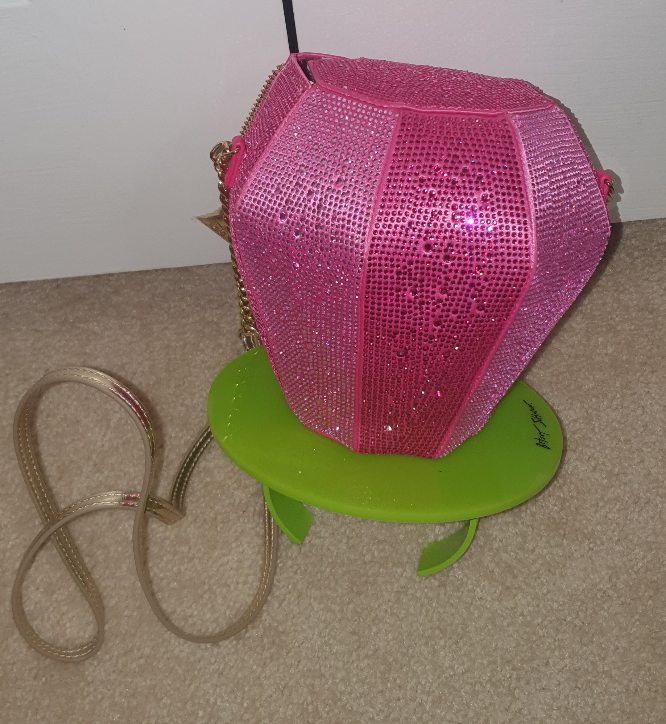
Product and Book Reviews
Ring Pop Purse
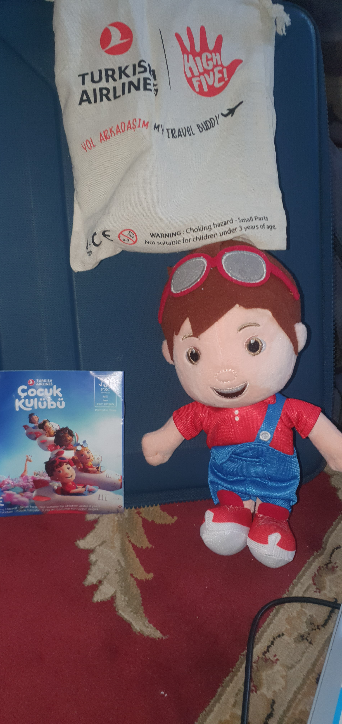
General
Airplane Toy Kits: Turkish Airlines

Press Release
Goliath Acquires Crazy Aaron’s® in Global Deal

Press Release
SKY CASTLE® TEAMS UP WITH MINECRAFT TO INTRODUCE NEW STICKI ROLLS® COLLECTION
See more
Recent Wiki
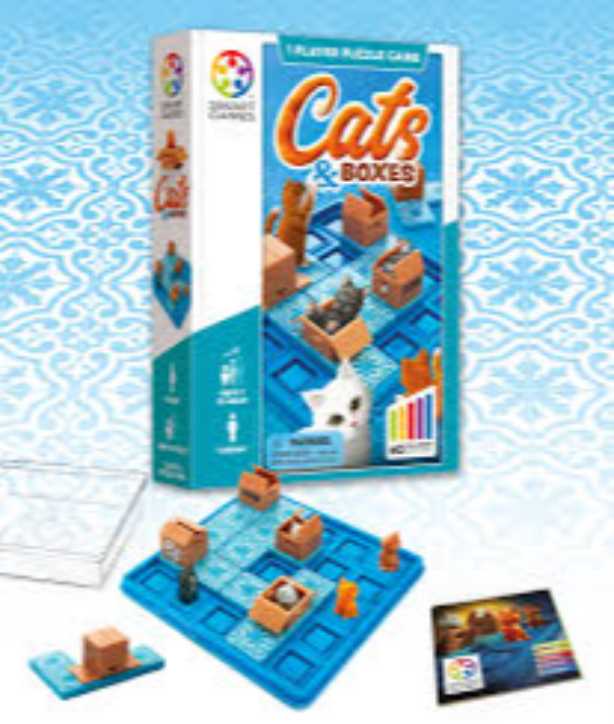
BOOK REVIEWS
Game Review: Cats & Boxes

PEOPLE
Ana Maria, Founder of The Magical Underland Inc., Rings in the Holidays with a new kind of Christmas Tree
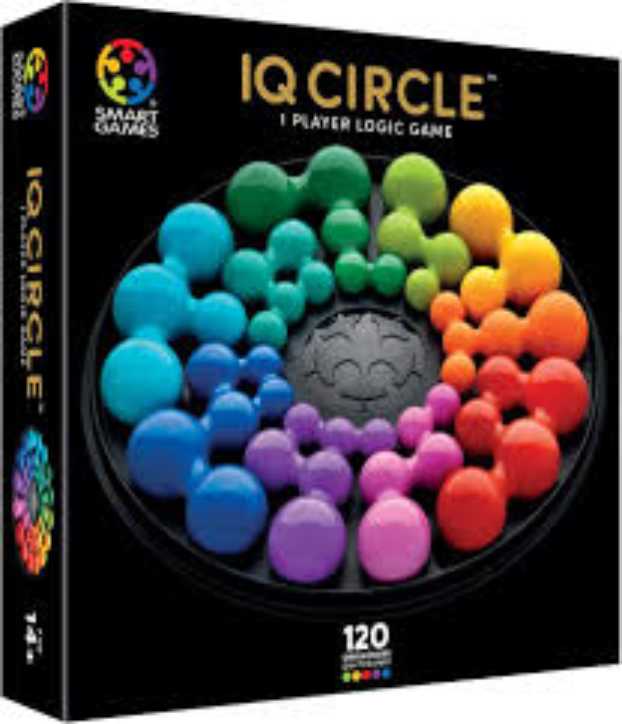
BOOK REVIEWS
Game Review: IQ Circle

PEOPLE
Catching up with Eric Olsen, The Inventor of Flip 7 and Co-Creator of Messy Table Games
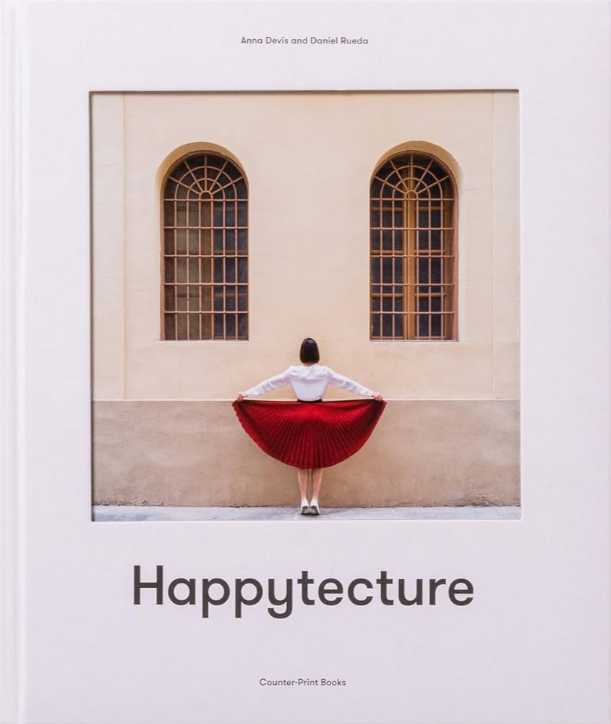
BOOK REVIEWS
Book Review: Happytecture by Anna Devís & Daniel Rueda
See more
POP's Got Talent

POP Entertainment
Randy Klimpert Shares his Ukulele Collection

POP Entertainment
Steve Casino Peanut Art
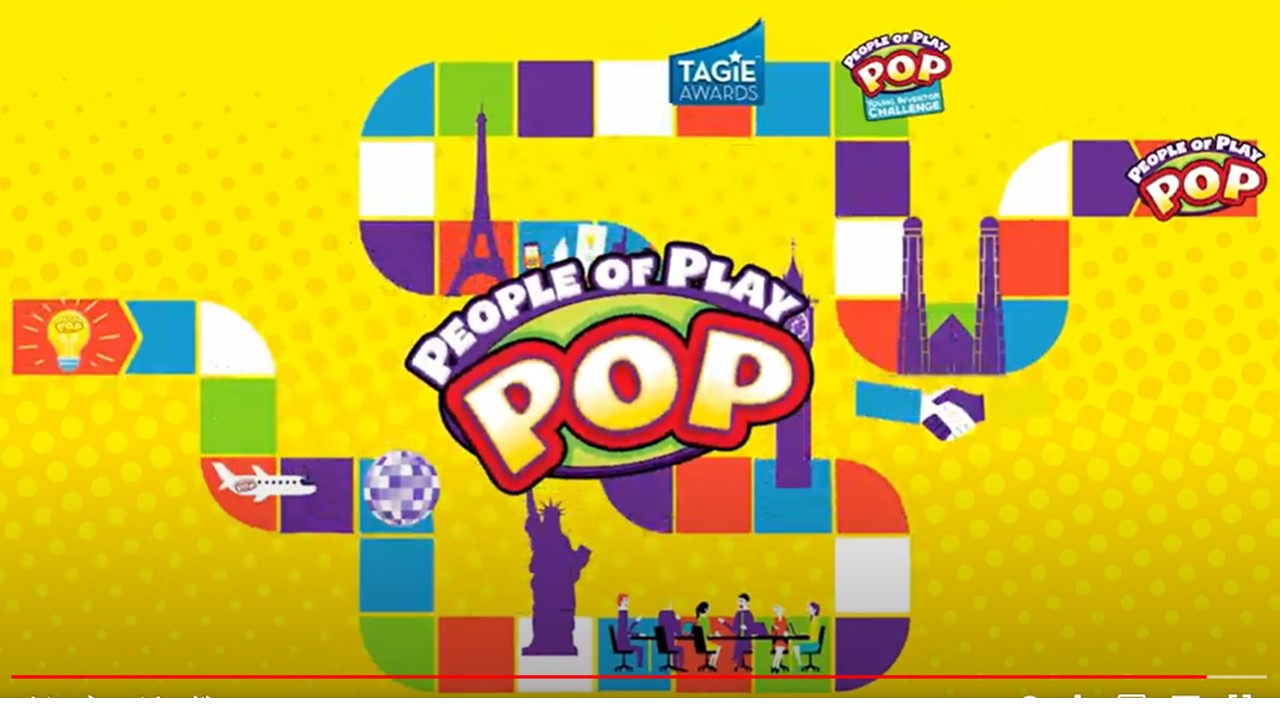
POP Entertainment
Everyone's Talking about POP!

POP Entertainment
Princess Etch - a Multi-Talented Etch A Sketch Artist

POP Entertainment
Joseph Herscher of Joseph' s Machines.
See more
Recent POPcast
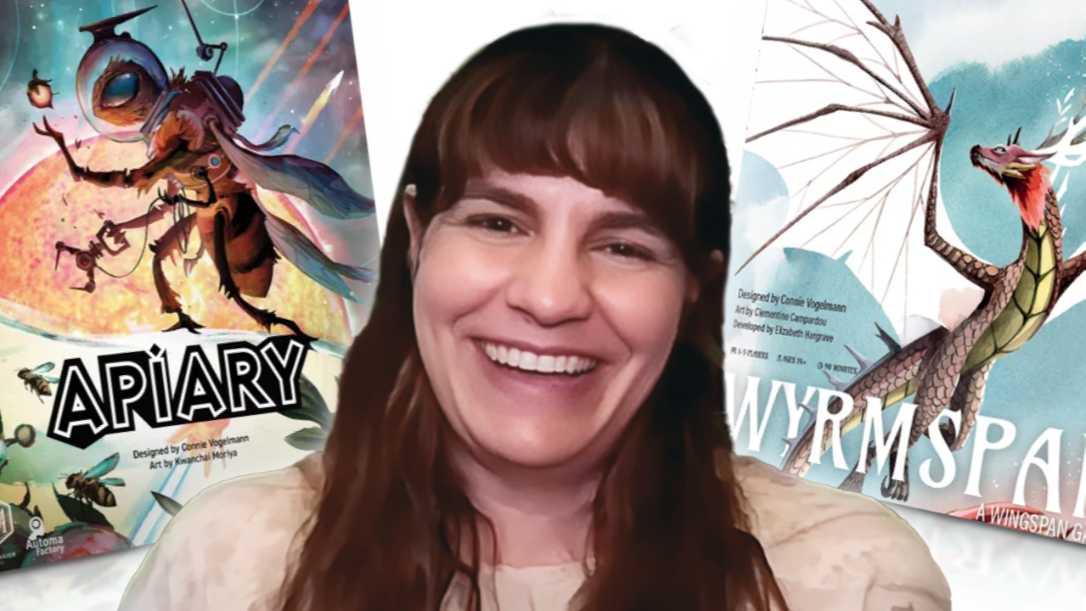
Hidden Role: The Brains Behind your Favorite Games
Connie Vogelmann designed Apiary & Wyrmspan!

Hidden Role: The Brains Behind your Favorite Games
Bob Fuhrer... Is THE Crocodile Dentist!

Hidden Role: The Brains Behind your Favorite Games
Tom Dusenberry... Bought Atari, Wizards of the Coast, and Avalon Hill!

Hidden Role: The Brains Behind your Favorite Games
Matt Leacock created Pandemic... the game!

Hidden Role: The Brains Behind your Favorite Games
Scott Brown and Tim Swindle... are Launching a New Sport!
See more
POPDuos

POPDuos: Interviews with Legends and Leaders
POPDuo: Richard Dickson, Mattel’s President & COO, and Kedar Narayan, Young Inventor Challenge AMB

POPDuos: Interviews with Legends and Leaders
POPDuo: Will Shortz and Josh Wardle

POPDuos: Legends and Leaders Explore Creativity
POP Duo: Elan Lee, Co-Founder, Exploding Kittens.and Jeff Probst, Host and Exec Producer, Survivor

POPDuos: Legends and Leaders Explore Creativity
POP Duo: David Fuhrer, MNG Director, Blue Sq Innovations & Shawn Green, past Dodgers & Mets MLB Star

POPDuos: Legends and Leaders Explore Creativity
POP Duo: Bob Fuhrer, Founder, Nextoy and Tom Fazio, Golf Course Designer
See more




